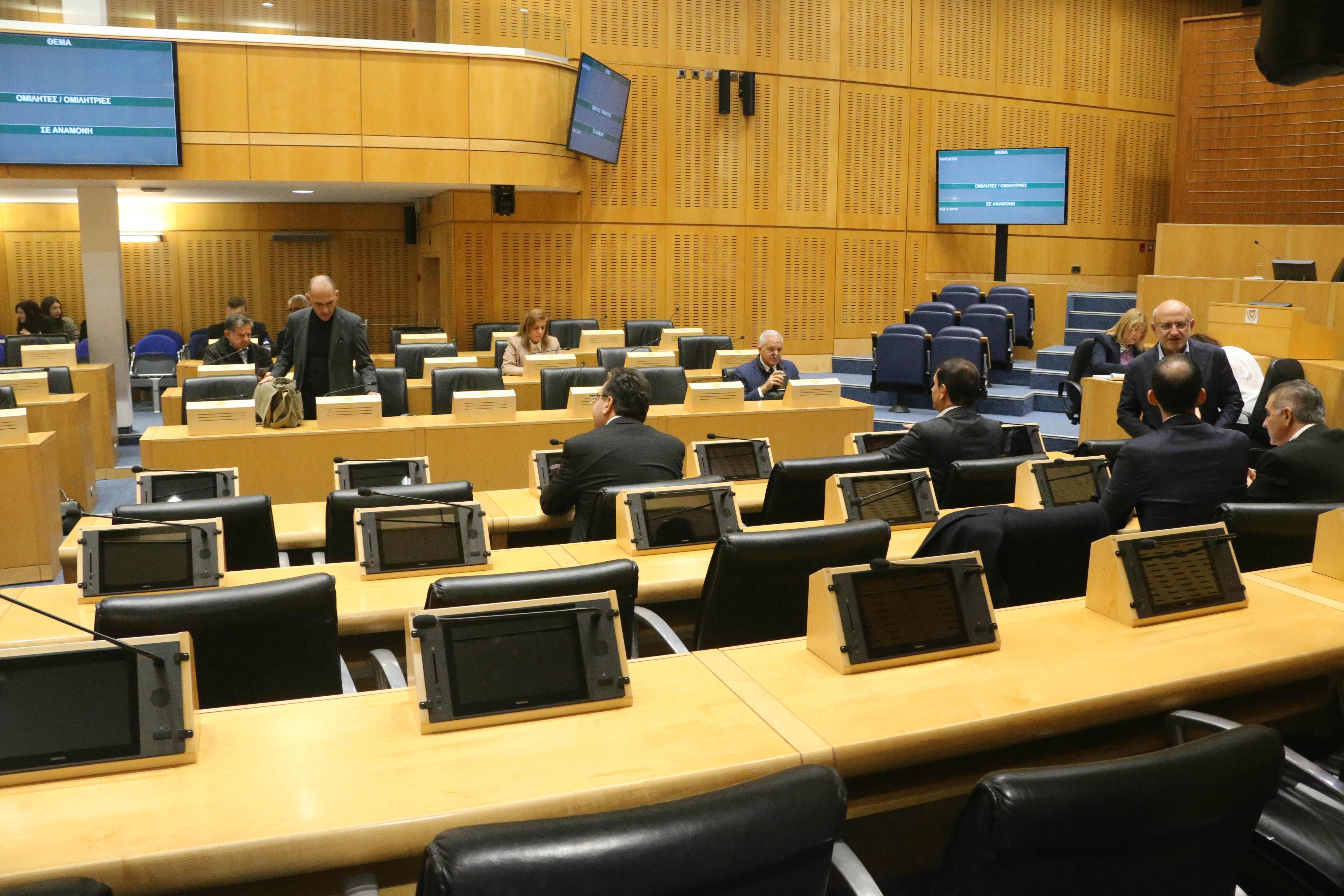After months of meetings, discussions and haggling, the House voted through legislation that would supposedly rationalise the issue of multiple pensions which deputies had made several unsuccessful attempts to tackle over the last 13 years. The legislation was invariably deemed unconstitutional by the supreme court and the parties needed to come up with other ideas for ending the practice by which some state officials were being paid two or three state pensions, while others may have been receiving a state pension and a state salary.
It was a mess created over the years by politicians and civil servants who were always calling the shots and always putting their own interests first, brazenly giving themselves a host of privileges. This is why ministers, mayors and deputies collect their state pension at 60 instead of 65 like the rest of the population. And the state pensions they collect are much higher than their years of service would justify.
The real issue should never have been the multiple pensions enjoyed by a few dozen public employee/politicians who had served in different posts but state pensions in general, which are much more generous for public employees and politicians. Our politicians were not interested in the legalised unequal treatment of citizens, even though they made once concession – anyone who was appointed or elected after June 2026 would not be eligible to the pension before 65 year of age. But the unfair calculation of the pension that benefited them would remain.
The bill passed on Thursday tries to limit the pension someone would be receiving if they have been appointed to another public post after retirement and envisages the merging of pensions derived from different posts a person has served. There was also another proposal by which someone receiving a state pension could voluntarily give it up for as long as they were serving in a public post and being paid a salary from the state. Those who refused to give up the pension would be named.
It is a big mess and it is very doubtful that any of this legislation will be allowed to stand. Parties are already bracing themselves for the prospect of the president refusing to sign the bills and sending them back to the legislature on the advice of the attorney-general. Alternatively, he would refer the bills to the supreme court for a ruling on their constitutionality.
What is puzzling is the inability – or should we say unwillingness – of the politicians to rationalise state pensions in a way that is fair and does not accord privileges to a small group of citizens as is the case at present. And this would not be retroactive, not affecting people who are currently in the position to enjoy these privileges now or in the future. The new, fairer rule would go into force from June next year and apply to those elected or appointed after this date so there would be no issue of depriving anyone of their pension rights.
Why is it so difficult to go for the obvious and straightforward solution, rather than waste all this time for half-baked measures that will be ruled unconstitutional?






Click here to change your cookie preferences